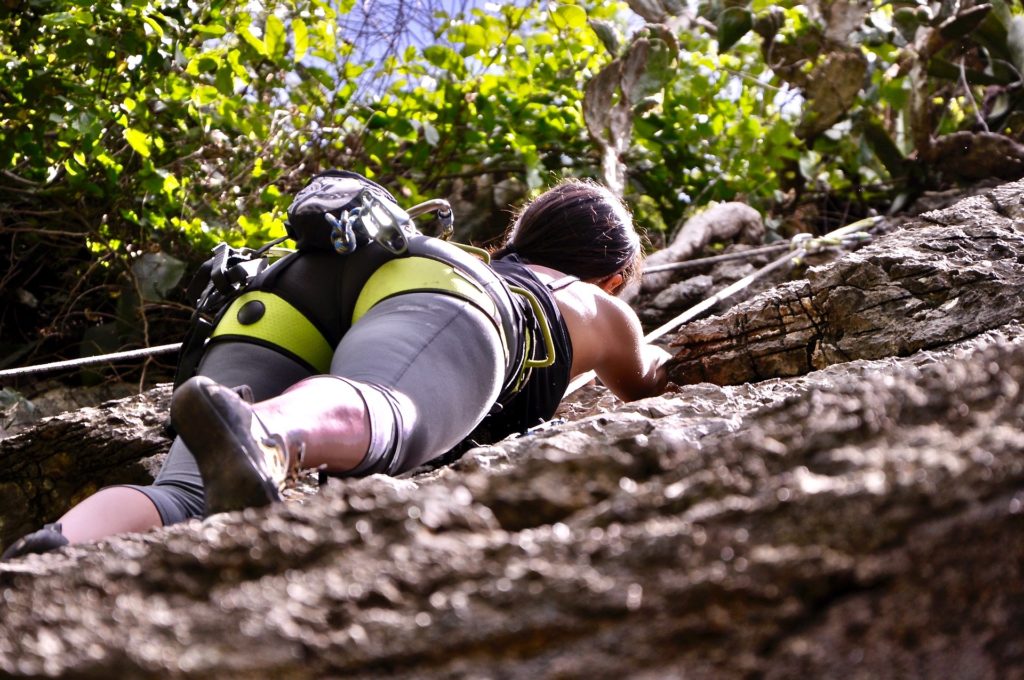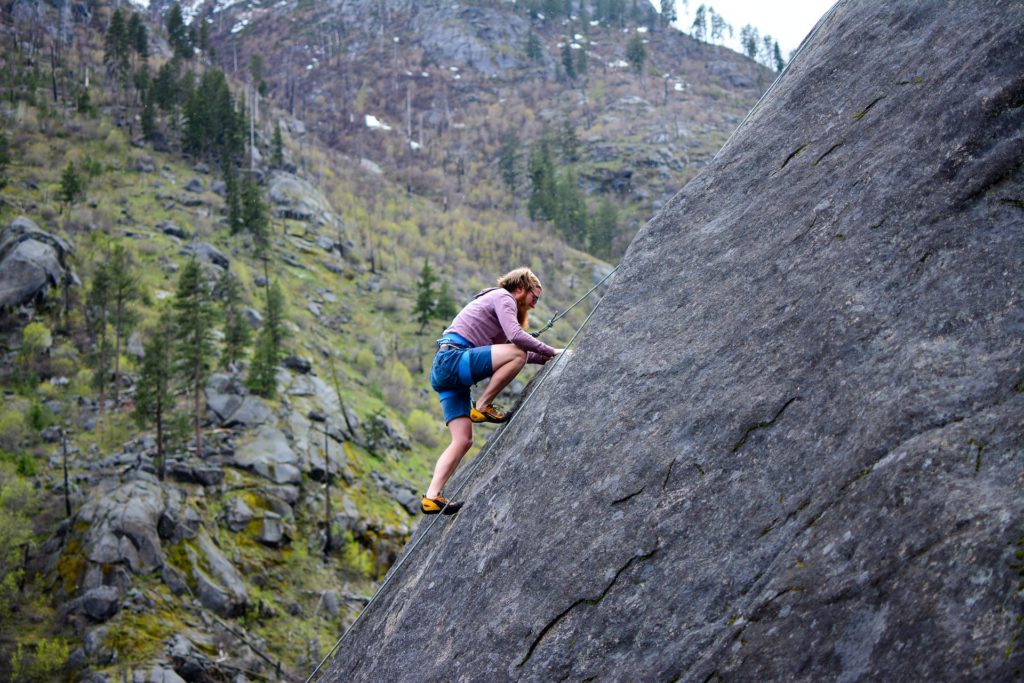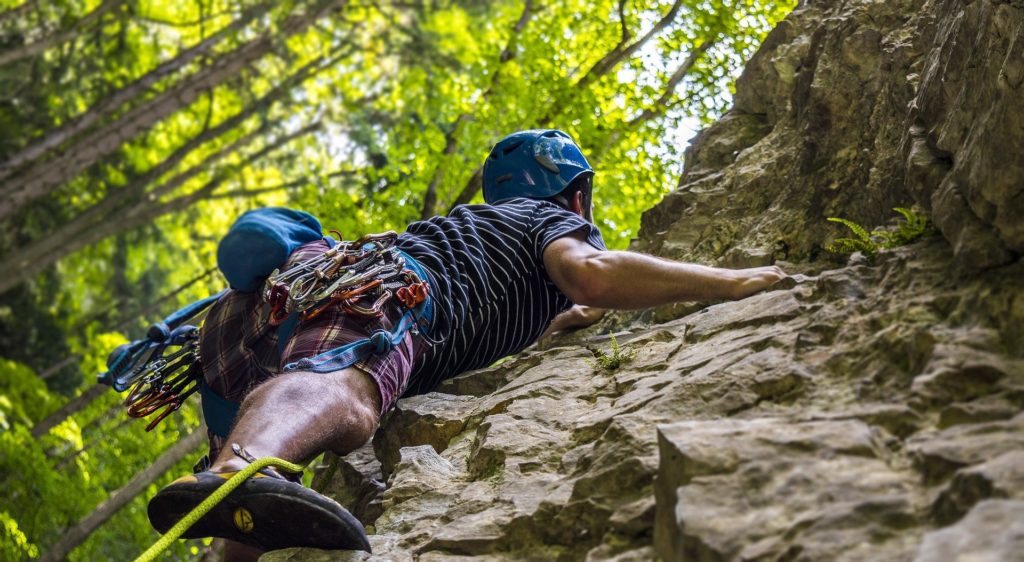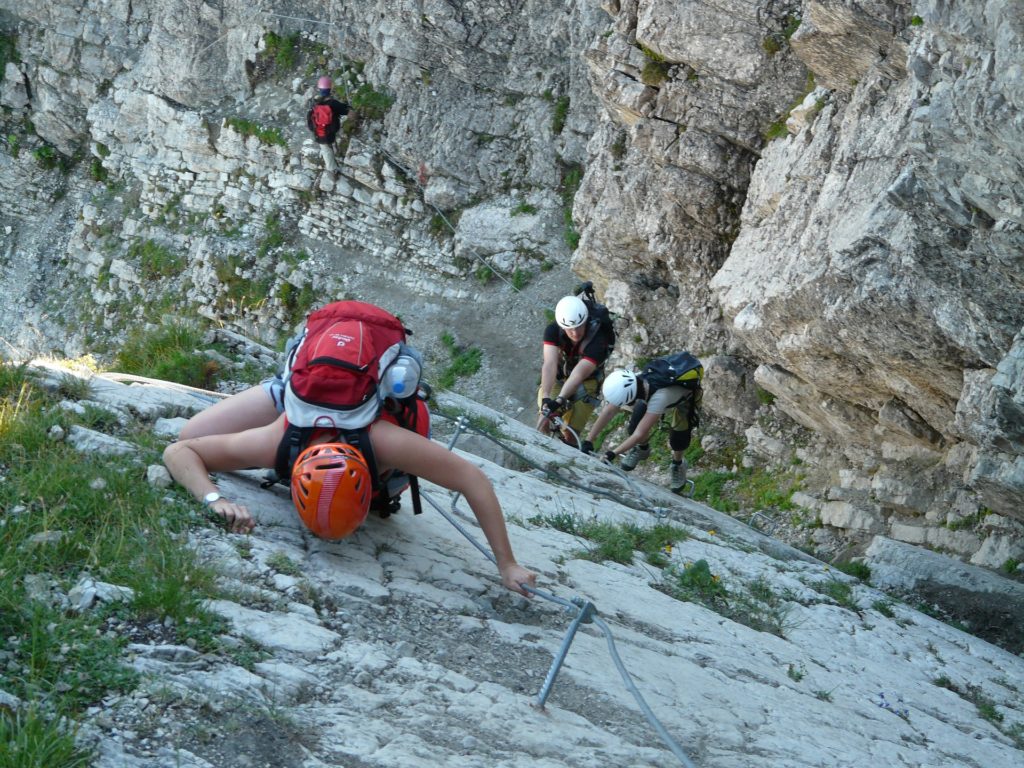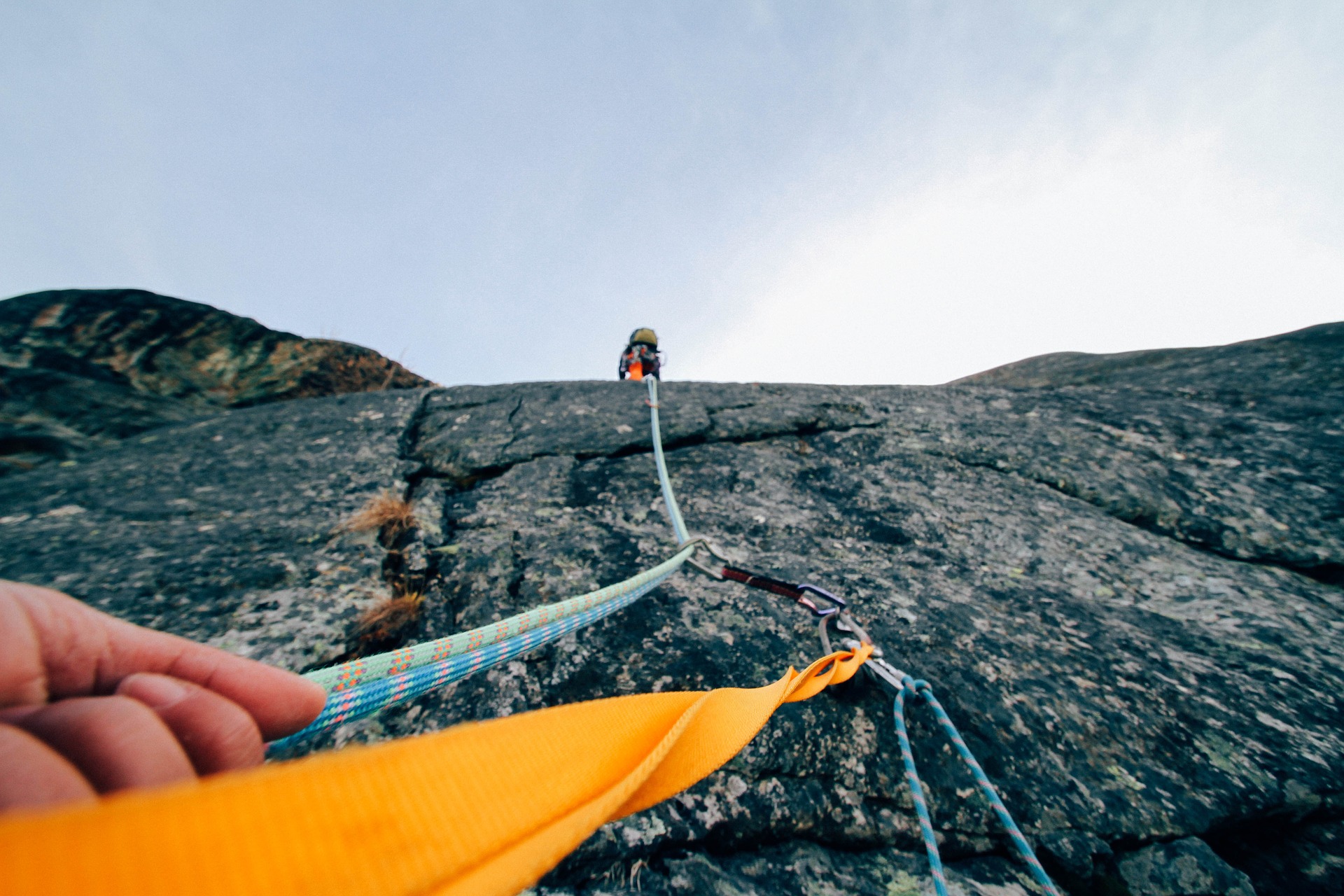
Can Rock Climbing Contribute to Ecotourism?
Climbing and Ecotourism
Ecotourism’s rise to prominence within the travel sector is a welcome development for the industry. The change in public opinion which has resulted from the climate crisis has paved a way for a conscientious form of travel which is bound to the principles of sustainability. The benefits of this form of tourism come not only in environmental benefits on a broader scale, but also in local ecological and economic improvements. Beach and safari holidays have so far enjoyed success in adopting models of ecotourism, and ever since I started working in the ecotourism sector, I have been fascinated by ideas of climbing development within ecotourism.
I have climbed since childhood, but first became part of the ‘climbing community proper’ when I arrived at university in Sheffield, the heart of UK climbing. Whilst climbing on “God’s own rock”, gritstone, it was on grit that I first observed climbing ethics – do not bolt the grit. Outdoor climbing as a sport is dependent on the preservation of the rock, and as such, the community’s awareness of environmental protection has often proven to be ahead of the curve.
Not only have climbers taken steps in the interest of increasing the longevity of our beloved rock, but the community’s love of the outdoors has extended its environmentalism towards broader conservation and sustainability ethics. Climbers are travellers with a small carbon footprint by nature (not just from the tight-fitting shoes) and are ever-searching for new rock to climb. Ecotourism and climbing have, in a sense, been running parallel to one another, and whilst ecotourism has carved out its niche in the mainstream travel industry, climbers have pushed the art of travel forward in the underground scene.
Climbing and its ethics have brought an entire industry to the fore, with sustainability at the core of companies which have sprung up around the sport. Companies such as Patagonia, Organic Climbing, and Cotopaxi (to name but a few) have led the way in making sustainable and ethical outdoor clothing, and have been supported along the way by climbers. Climbers are willing to invest in the future of the planet, attested to by the success enjoyed by new independent climbing brands with strong ethical principles.
This suggests to me that the climbing community can enjoy a fruitful working relationship with ecotourism providers which currently accommodate safari and beach holidays. Climbers are already investing in eco-friendly gear and clothing, why not utilise ecotourism infrastructure for climbing holidays?
“Whilst climbing on “God’s own rock”, gritstone, it was on grit that I first observed climbing ethics – do not bolt the grit”
A recent climbing short film (and a personal favourite of mine) called “United States of Joe’s” explores the issues of cohesion when a group of climbers begin flocking to ‘Joe’s Valley’, a crag in Emery County, Utah which was first developed in the 1990s, and now enjoys international fame. The cultural differences between the climbers arriving in the area and the Mormon locals from the neighbouring Joe’s Valley created tension through the two groups, however, they were resolved through the climbers’ community engagement and support of the local community.
Through an expression of goodwill, the relationship between climbers and locals has gone from strength to strength, and the area has been able to recover from economic hardship through the recognition of the crag as a natural resource.
Climbers gravitate to unique craggy landscapes, a natural resource which can allow tourism to diversify within a region. As beaches and safari locations enjoy success in the tourism industry, climbing locations can put the spotlight on new locations, and funnel investment into underrepresented communities in previously disregarded regions. Climbing allows countries to capitalise on a new natural resource, and one which can be sustained, and generative for local economies. With climbing development expanding globally, climbers from Europe and the United States are increasingly travelling further afield to explore new climbing areas.
Climbing development in Africa holds great potential, as it already has a well-connected tourism sector, with established models for land management in conservation areas, which benefit indigenous groups, and sustainably capitalises on many of its natural gifts already. With immense land areas, and having already demonstrated much of its established climbing areas as world-class locations (such as Rocklands in South Africa), development of climbing areas can prove to be a valuable expansion of the African tourism industry.
Climbing has the potential to build important bonds with local communities, and invest in developing economies as the sport expands. Many aspects of the climbing scene stem from an underground climbing culture from the sport’s days as a fringe activity. However, with climbing becoming an Olympic sport, and with films such as Free Solo winning an Oscar, climbing is seeing a greater amount of interest from the general public than ever before.
Climbing is without question an expanding movement and has garnered a great deal of attention on social media, especially Instagram. As more people enter into the community, the demand for new crag development increases, and the further climbers will travel for new rock. Ecotourism providers have before them an excellent opportunity, both to receive a new client demographic, but also to expand their operations into climbing areas which may have been previously neglected by tourists. A working relationship between climbers and ecotourism providers could be fruitful for years to come.
“A sport for travellers; a sport for environmental enthusiasts: ecotourism is intrinsic to the world of climbing. Further, as climbing swells in popularity, the prior model of climbing with a light footprint comes under threat. It is my hope that climbing can enrich the lives of those who get involved with it as climbing expands, and that the sport can sustain itself for generations to come”

